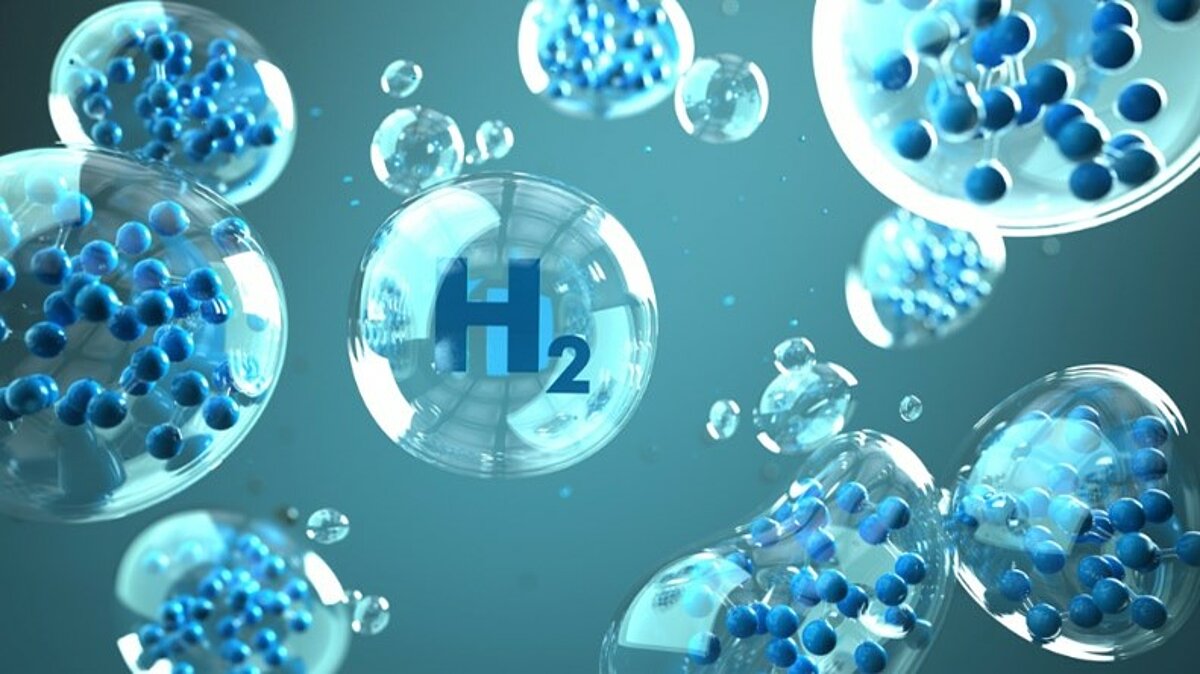
This summer, Latvia’s Green Tech Cluster and Freeport of Riga together with 42 other partners from Finland, Estonia, Lithuania, Poland, Germany, Denmark, Sweden, France and Norway will launch the Cross-border Hydrogen Valley project around the Baltic Sea (BalticSeaH2). The five-year project, co-funded by the European Union’s Horizon Europe programme, aims to create the first and largest transnational hydrogen ecosystem in the region. Its total budget is EUR 33 million.
The first steps will involve trialling different hydrogen technology solutions, researching production and mining potential, prototyping technologies and their applications, developing basic infrastructure and promoting systematic intersectoral cooperation with the aim of replicating the results elsewhere in Europe.
“This initiative will bring huge development potential to the sector as a whole”, says Imants Martinsons, Board Member of the Green Tech Cluster, an organisation, which brings together companies, educational and research institutions and other players operating in the green and smart technology sectors.
The Freeport of Riga will research the use of hydrogen technology in the maritime sector, such as vessel refuelling, shipping, hydrogen storage, redistribution, transfer and distribution within these stages. It is also planned to convert and pilot a hydrogen-powered vessel.
The Riga Energy Agency, Riga Technical University, Ogre Municipality, the Latvian Association of Electrical Power Engineers and Power Builders, the Latvian Wind Energy Association, the fuel company Virši-A, SIA VK Tranzīts, SIA Electrify and SIA Naco Technologies have applied to join the project as associate partners.
The BalticSeaH2 project is coordinated by Finland’s CLIC Innovation and Gasgrid Finland.